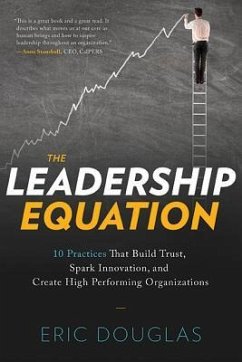
Innovation, Science, and Institutional Change
A Research Handbook
Herausgeber: Hage, Jerald; Meeus, Marius
Versandkostenfrei!
Versandfertig in 1-2 Wochen
77,99 €
inkl. MwSt.

PAYBACK Punkte
39 °P sammeln!
Innovation is a key factor not just in the Research and Design process, but in policy, institutions, and society. This research handbook is unique in examining research findings and new theoretical models relating to innovation at a number of analytic levels: projects, organizations, industrial sectors, and society.












